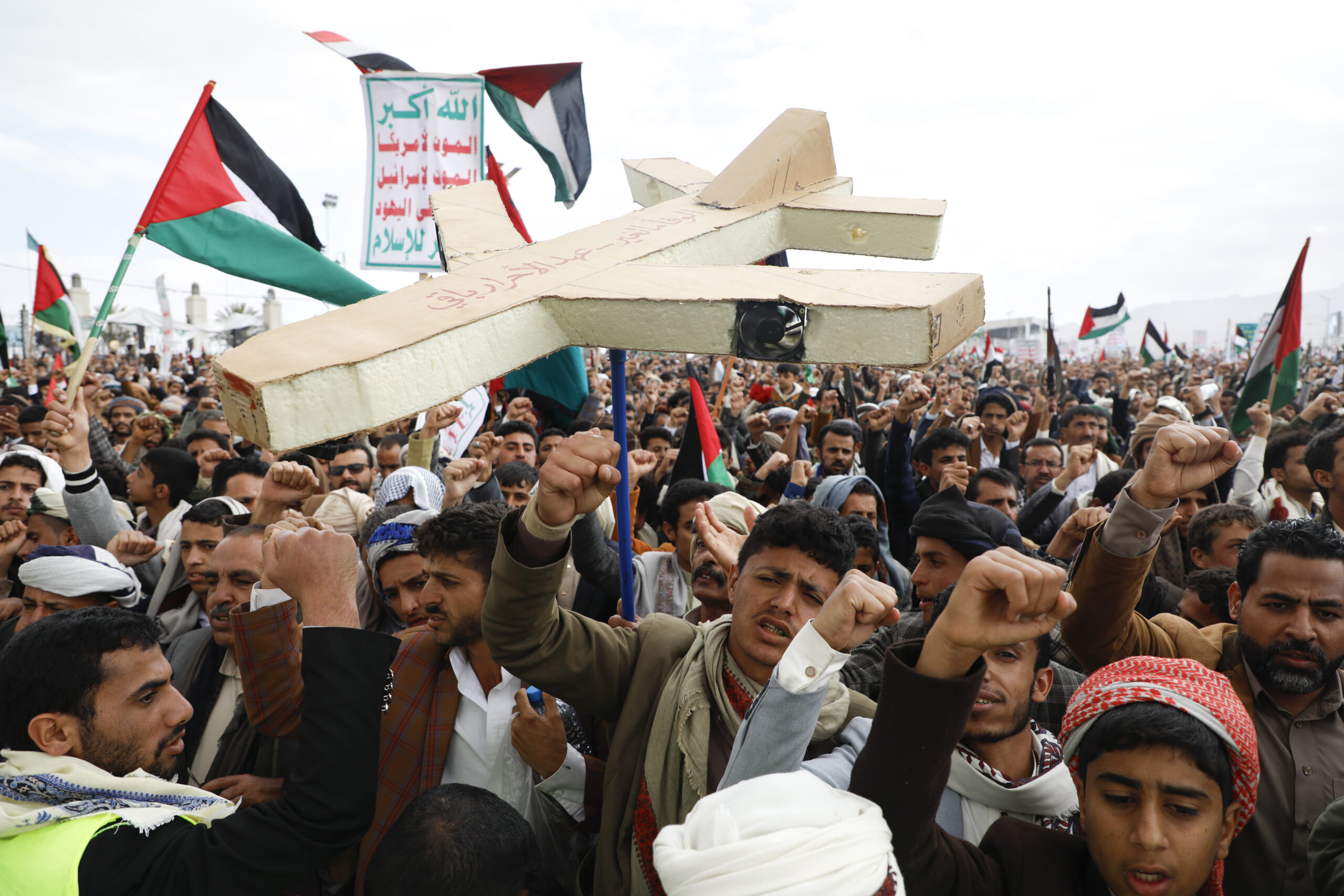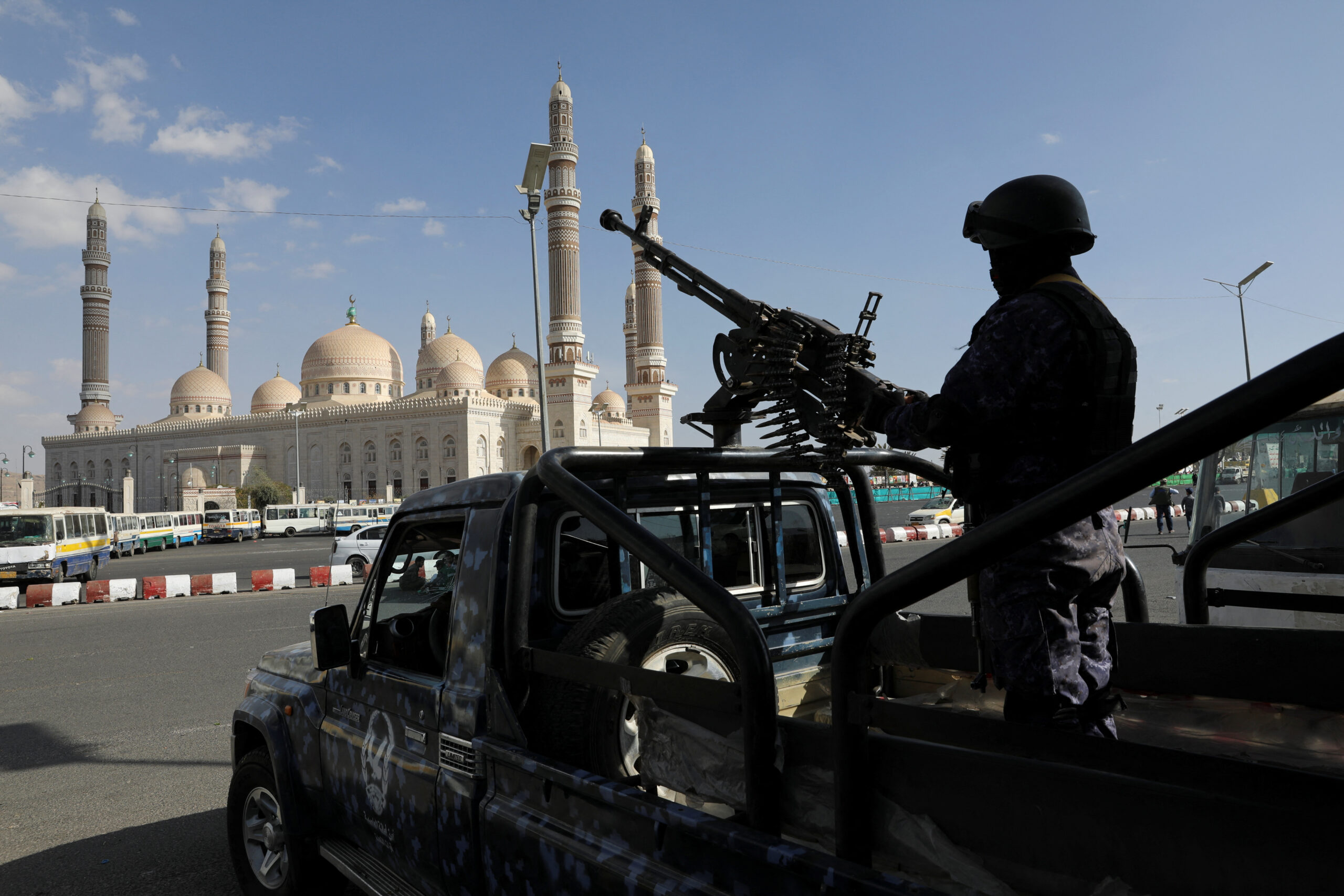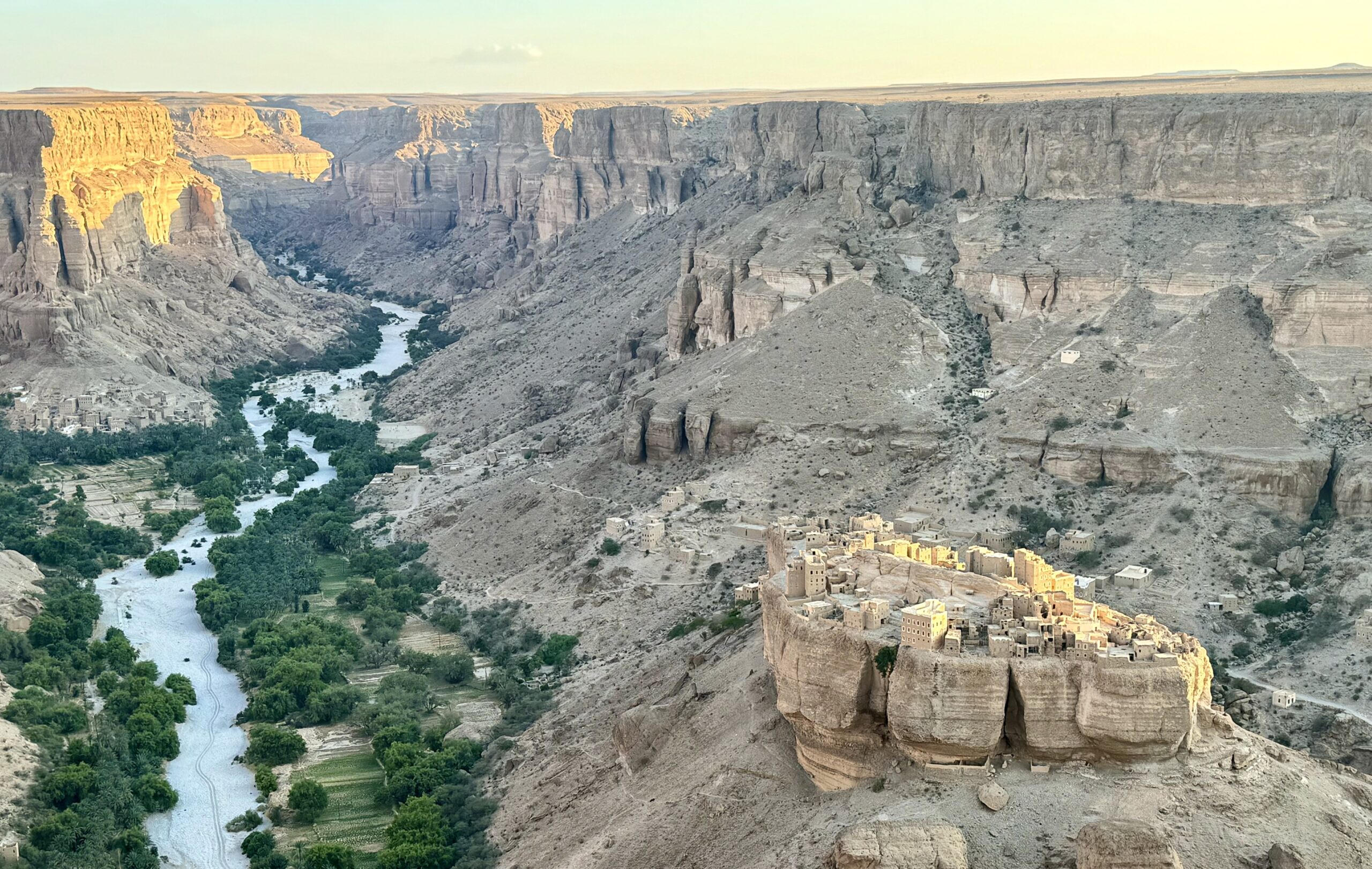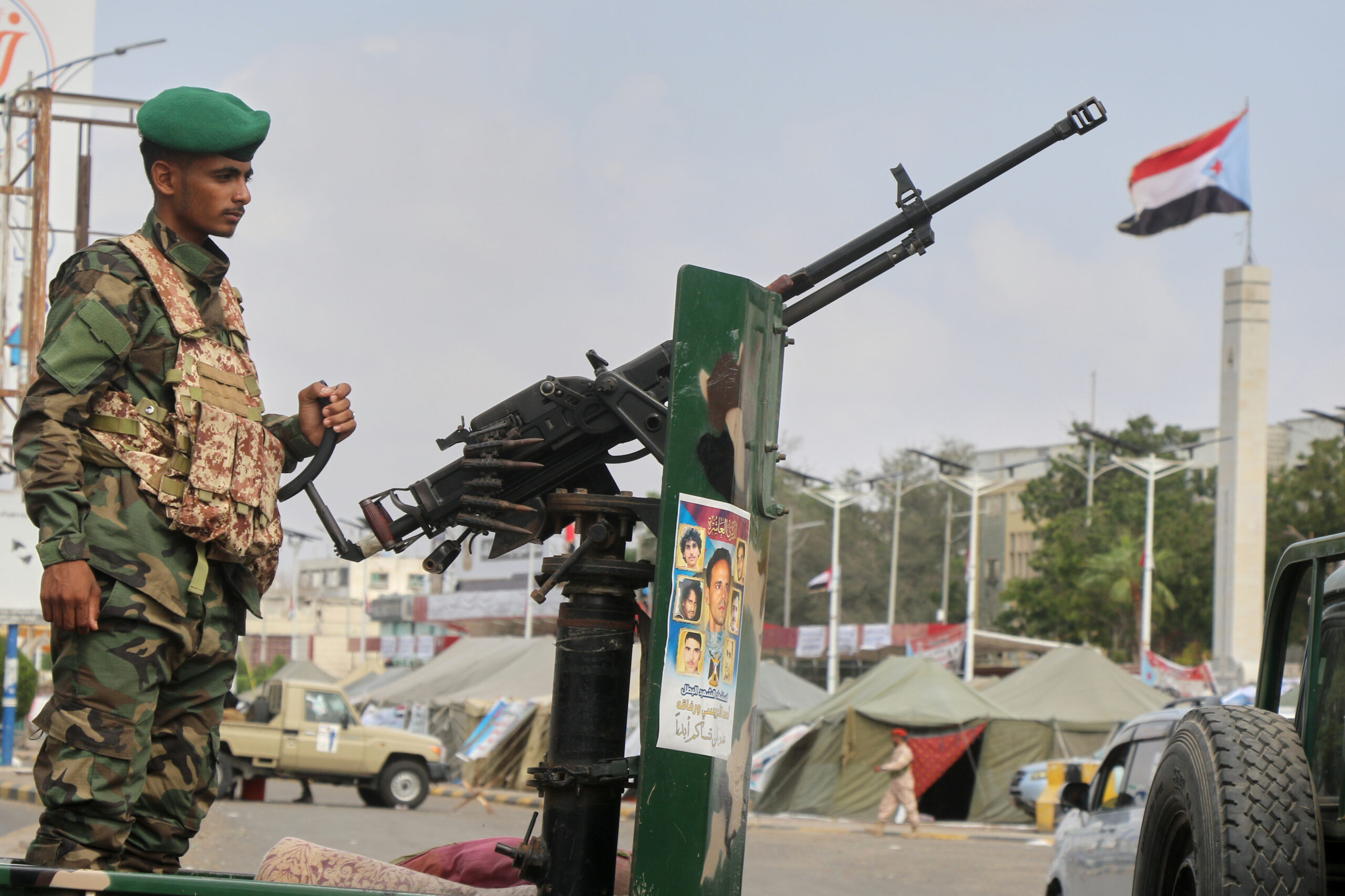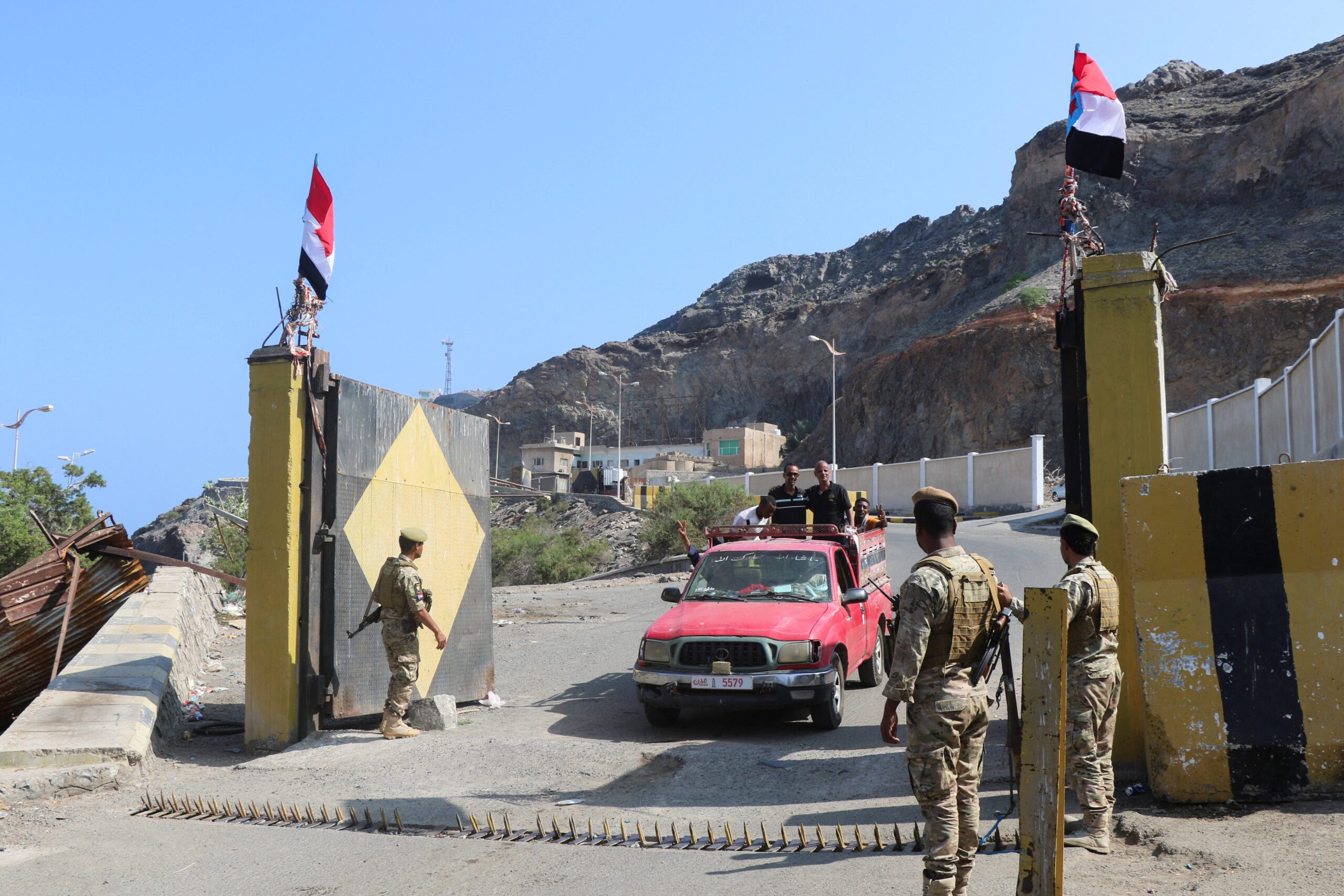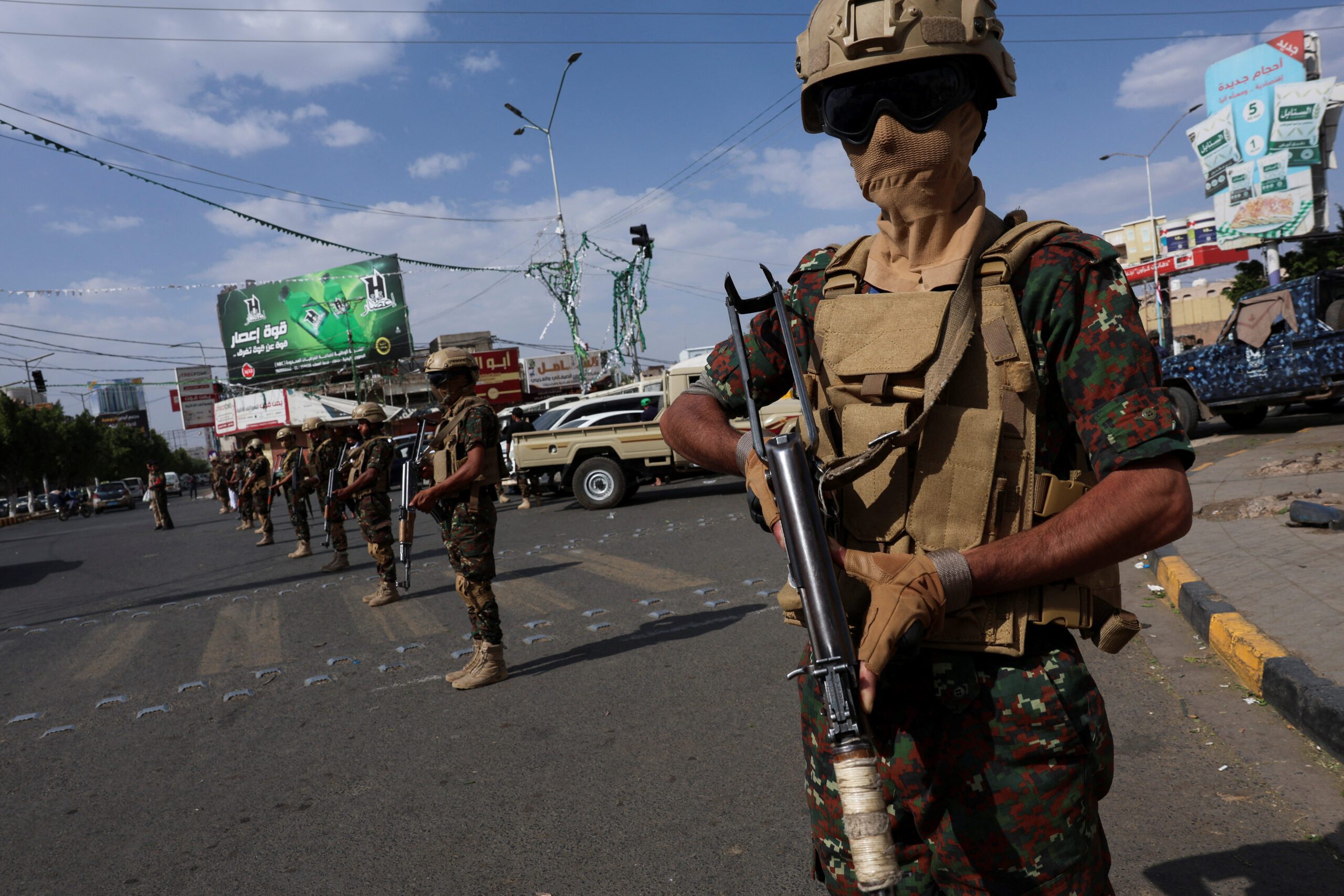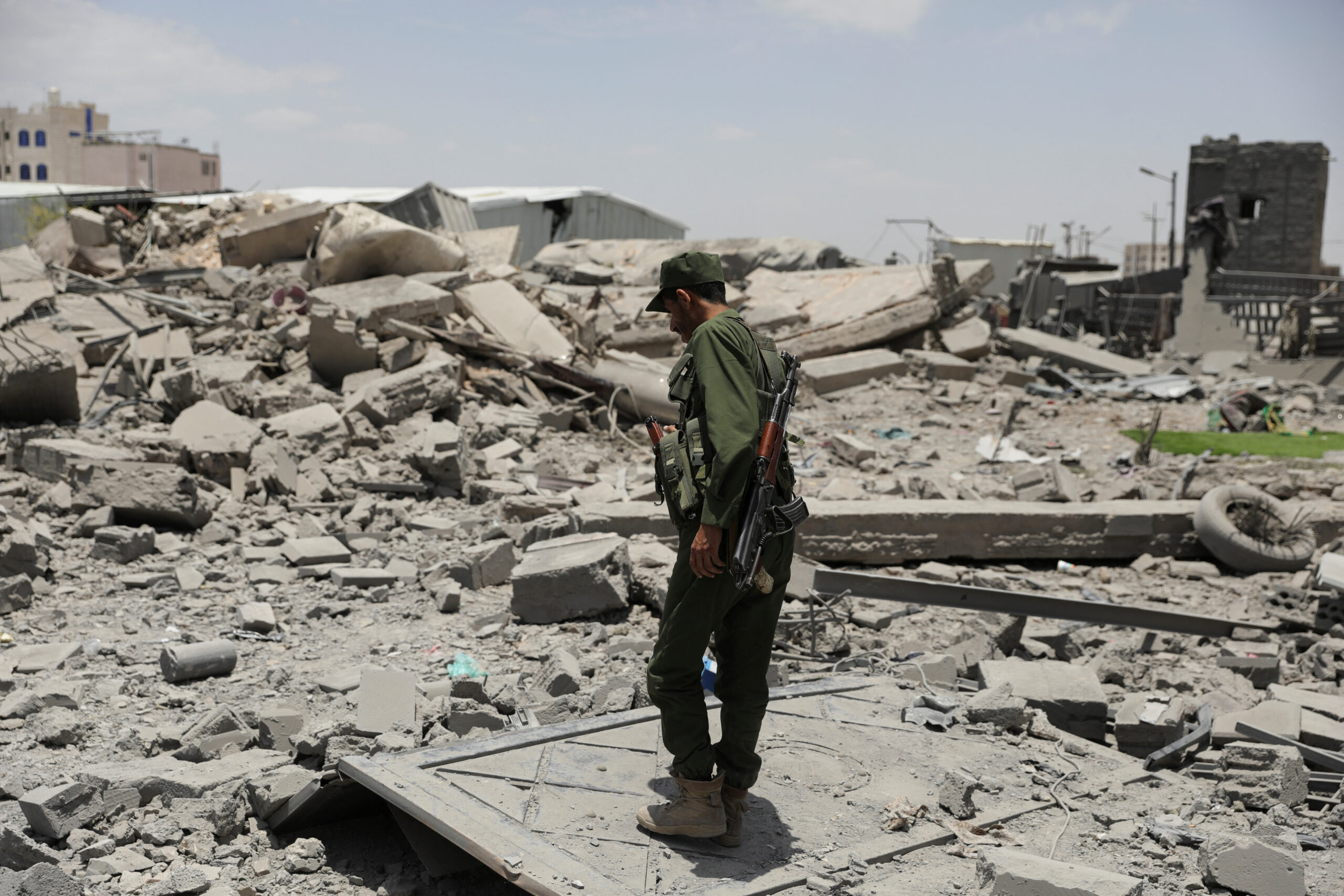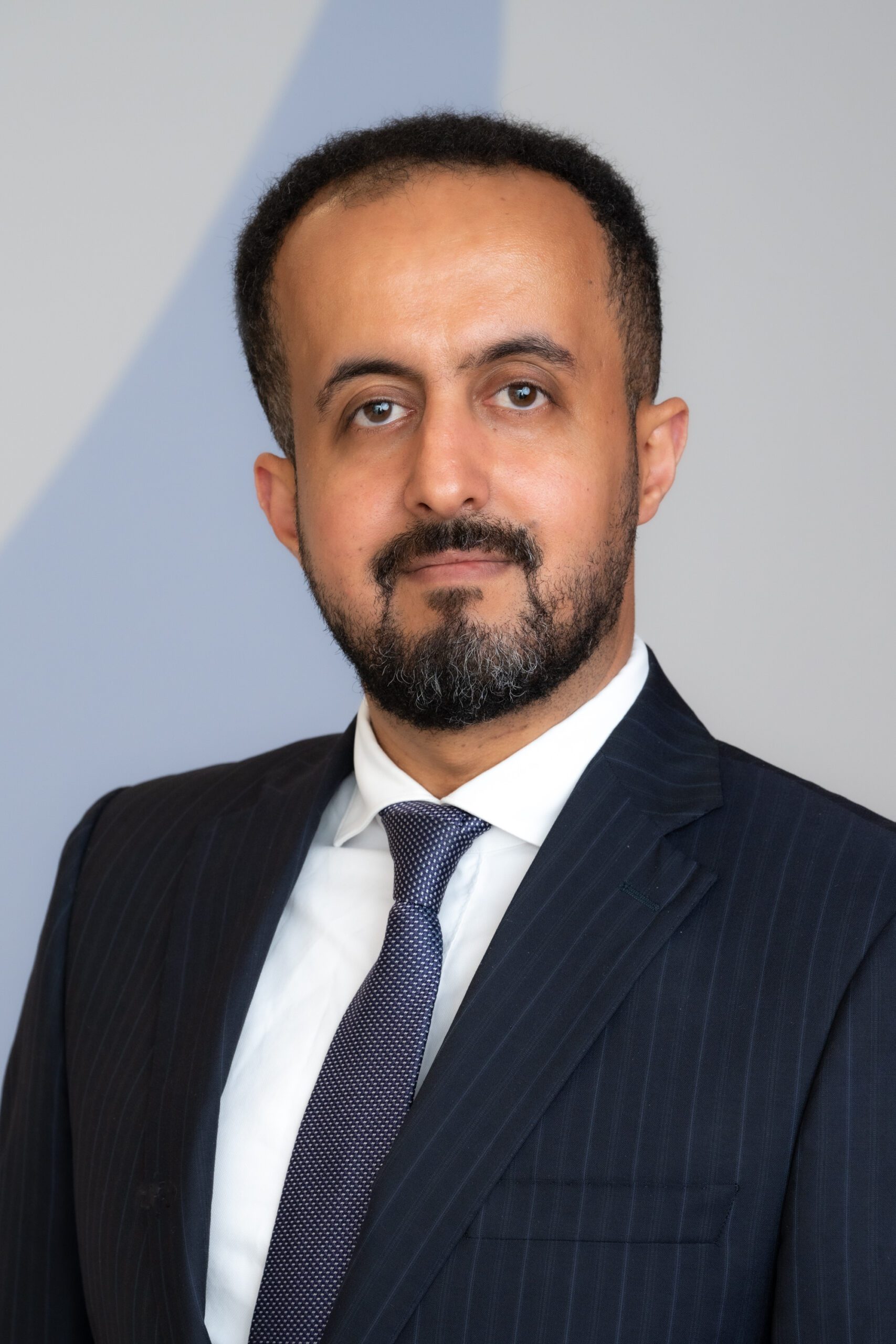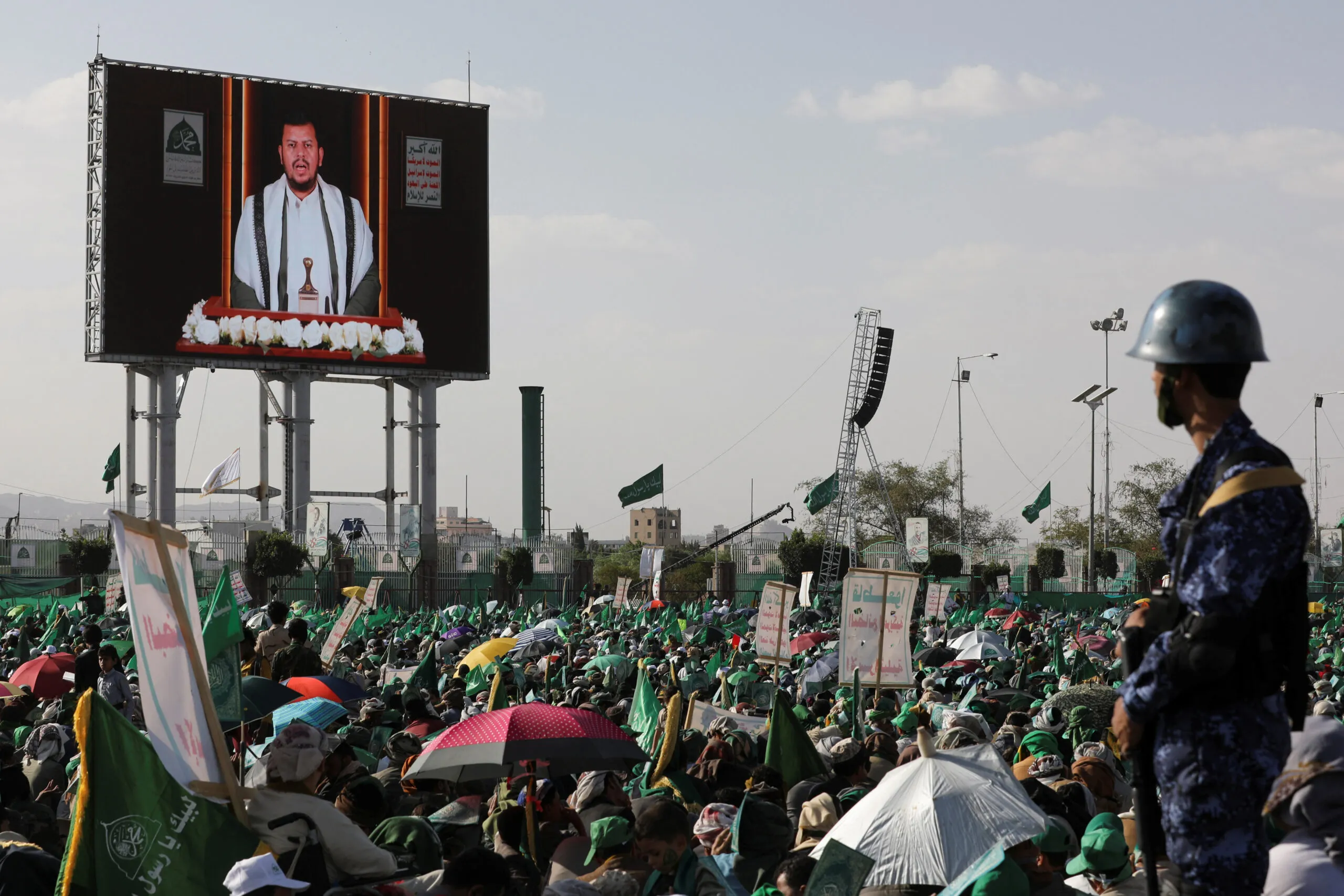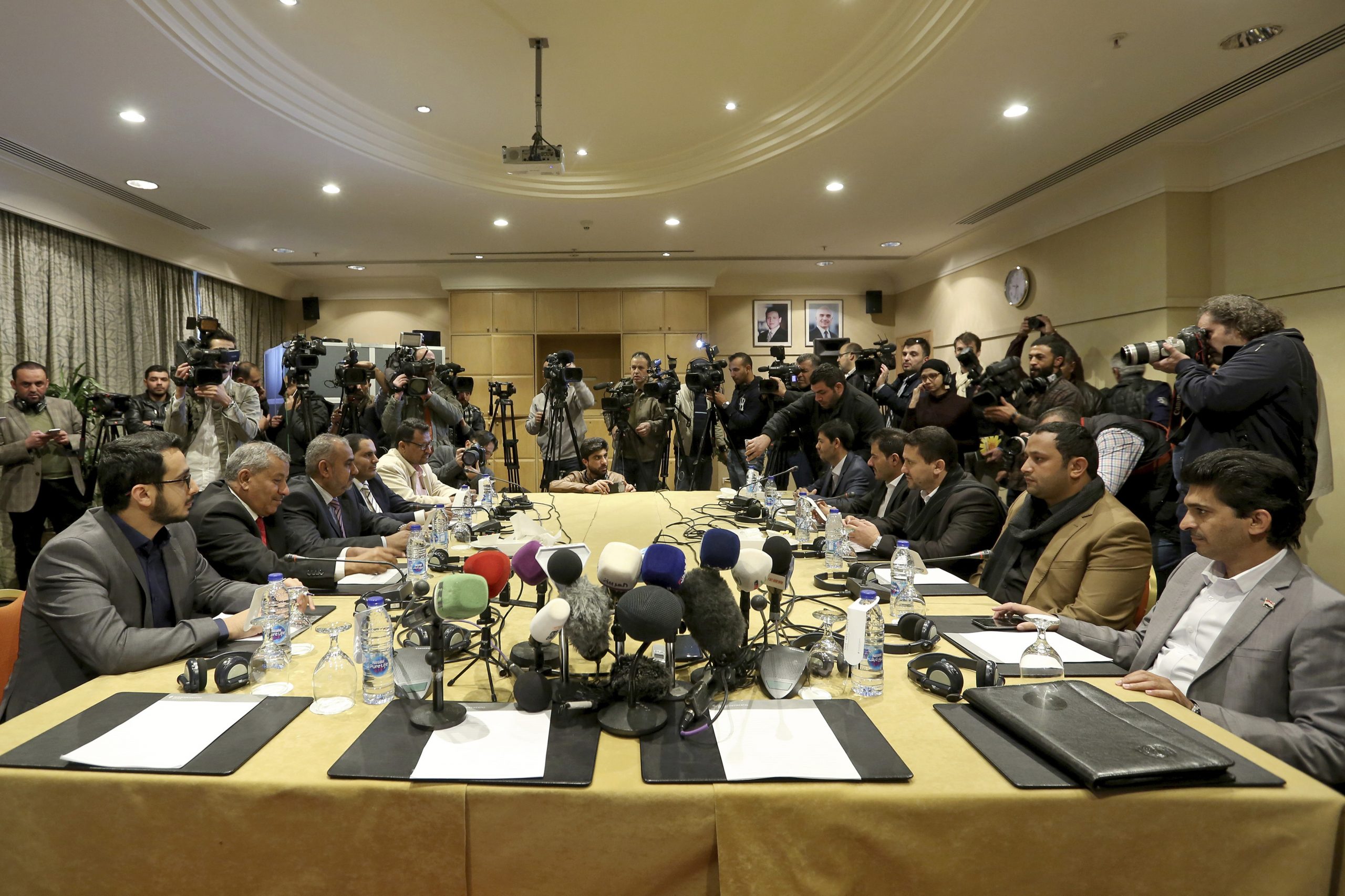How Do You Solve a Problem Like the Houthis?
Tackling Yemen’s root problems won’t be easy, quick, or cheap, which is why no one has really tried.
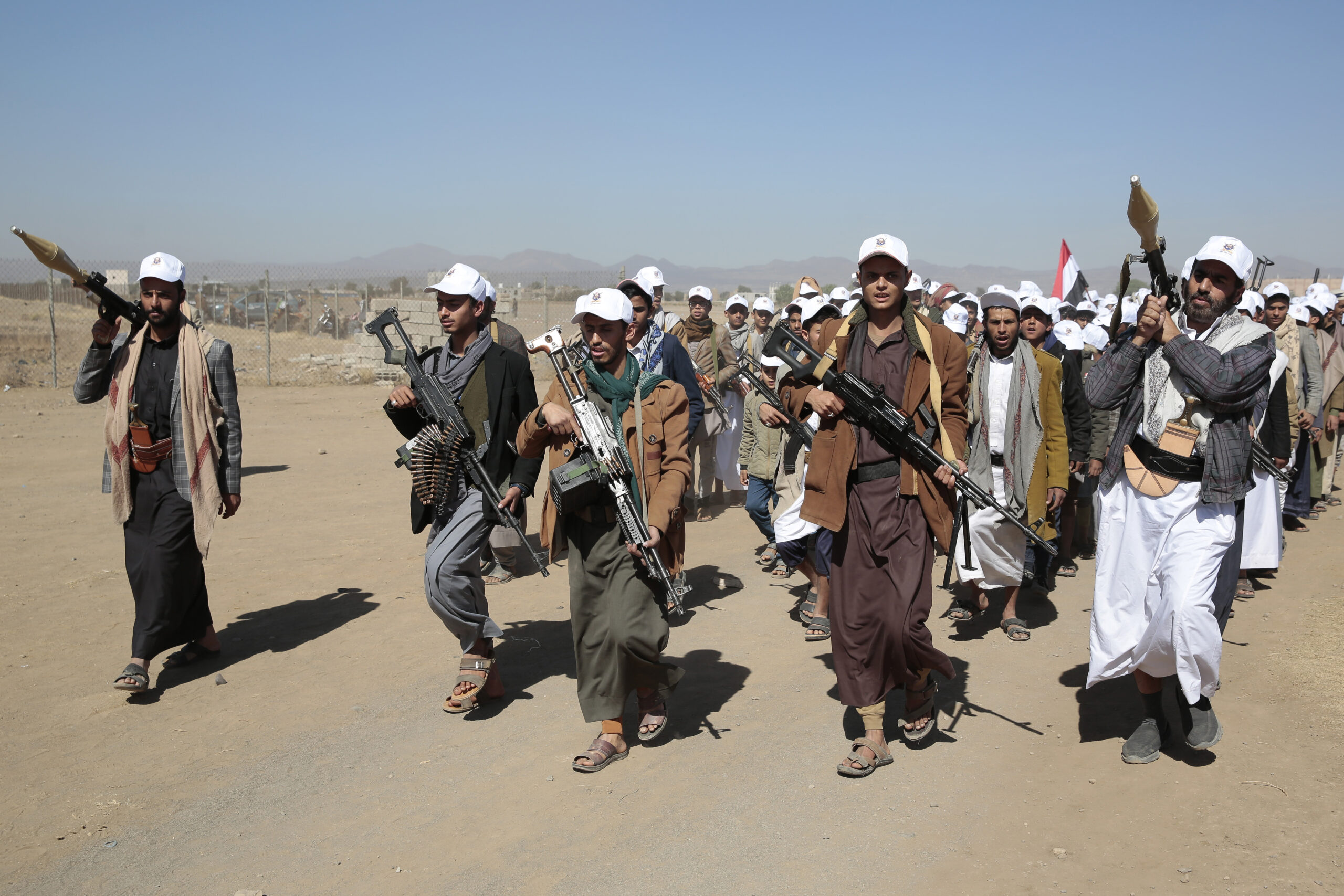
For decades, the United States has viewed Yemen almost exclusively through the lens of its worst problem. In the early 2000s, U.S. officials saw Yemen solely as a counterterrorism problem to be solved. Then, in 2015, it was Iran and how the United States could restore its relationship with Saudi Arabia. Now, it is the Houthis and the threat they present to commercial shipping in and around the Red Sea.
Each time, as Alexandra Stark argues in “The Yemen Model,” the United States has elected to focus on the symptoms instead of the root cause. The result: an ever-evolving series of problems that never get solved.
In the 2000s and 2010s, the singular focus on the terrorism challenge led the United States to brush aside more systemic concerns about corruption and dynastic rule that would later break the country. More recently, the insistence on seeing Yemen only as part of the Iran problem set led the United States to overlook – and, at times, contribute to – mistaken bombings and human rights violations by the Saudi-led coalition in Yemen that only strengthened the Houthis’ hold on power.
Perhaps predictably, after years of missteps, the two actors the United States relied on to help it with the previous problems of al-Qaeda and Iran want no part in, or are incapable of, helping the United States deal with the Houthis. Ali Abdullah Saleh, the former Yemeni president who was the United States’ counterterrorism partner in the 2000s, was executed by the Houthis in 2017. Saudi Arabia, which went into Yemen in 2015 with the goal of driving the Houthis out of Sanaa, is now so exhausted by the conflict that it is doing everything it can to get out of Yemen and has refused to join U.S.-led operations against the Houthis. All of this means that the United States is now left without local partners on the ground in Yemen or regional partners in the Middle East who are willing to help it deal with the Houthi threat.
For the United States, that threat begins and ends with Houthi attacks on commercial shipping. Nothing else really matters. Initially, in November and December 2023, the United States, wary of yet another open-ended conflict in the Middle East, took a solely defensive approach, forming Operation Prosperity Guardian to escort and defend ships in the Red Sea. In mid-January, when it became clear that was insufficient, the United States switched to a “deter and degrade” approach through Operation Poseidon Archer.
Over the past five months, Houthi attacks have waxed and waned, but they have not disappeared. This suggests, as some analysts have argued, that there is now a “new normal.” Shipping lines continue to avoid the Red Sea, rerouting traffic around the southern Horn of Africa, which has increased time, costs, and fuel usage. Even more worrying is that Houthis’ rhetoric and operational reach continues to grow. In March, the group threatened to target ships in the Indian Ocean and then made good on its threat in April, firing missiles at ships in the Indian Ocean. In early May, the Houthis added the Mediterranean to their target list, saying they would target ships headed to Israeli ports. Whether the Houthis can make good on this latest threat is still to be determined, but as Avril Haines, the U.S. director of national intelligence, told Congress May 2, the Houthi threat “is going to remain active for some time.”
The last seven months have made two things clear. First, the Houthi threat to commercial shipping and freedom of navigation is not going to disappear. This will remain true whether there is a cease-fire in Gaza or not – the genie is out of the bottle, and it will be very hard to contain it. Second, the United States does not have a good toolbox to counter the Houthi threat. As Haines told Congress, U.S. actions have “been insufficient to really stop the Houthis from going down this road.” All of this raises the key question: How can the United States deal with a long-term and enduring challenge like Houthi attacks on commercial shipping?
The answer, as Stark’s new book suggests, is that the United States needs to get out of its reactionary crouch and stop dealing only with the symptoms of security challenges as they appear. The Houthis aren’t the problem; they’re an outgrowth of Yemen’s fundamental problems of corruption, poverty, and poor educational opportunities.
For many policymakers in Washington who are tired of the Middle East and ready to focus on the China challenge, this answer is a nonstarter. In their eyes, the United States has spent too many years, too much money, and too many lives in the Middle East to get sucked back into conflicts it can’t win. Others will say that the problems of the Middle East are so intractable they can’t be solved, only managed. Both may be right, but the alternatives are even worse.
In the 24 years since al-Qaeda’s attack against the USS Cole, the United States has spent vast amounts of money in Yemen and carried out numerous strikes, but to what end? The country’s security problems haven’t disappeared – they have simply morphed and taken on a different face. Yesterday’s problem was al-Qaeda; today it’s the Houthis. The only difference is that now the United States has fewer partners and options.
Tackling Yemen’s root problems won’t be easy, quick, or cheap, which is why no one has really tried. The United States cannot and should not attempt this alone. It does, however, have a leading role to play. The United States and its allies and partners have two options. They can try to do something grand and good or do what they always do: treat the symptoms and hope the problem doesn’t come back again. The latter is almost always the course of action that the United States elects to take, but it is also the course of action that has gotten Washington into the quandary it is in today, struggling to find a way to protect commercial shipping along a key waterway. If the United States goes down this road again, it should expect the same results: more problems and fewer tools with which to solve them.
The views represented herein are the author's or speaker's own and do not necessarily reflect the views of AGSI, its staff, or its board of directors.

